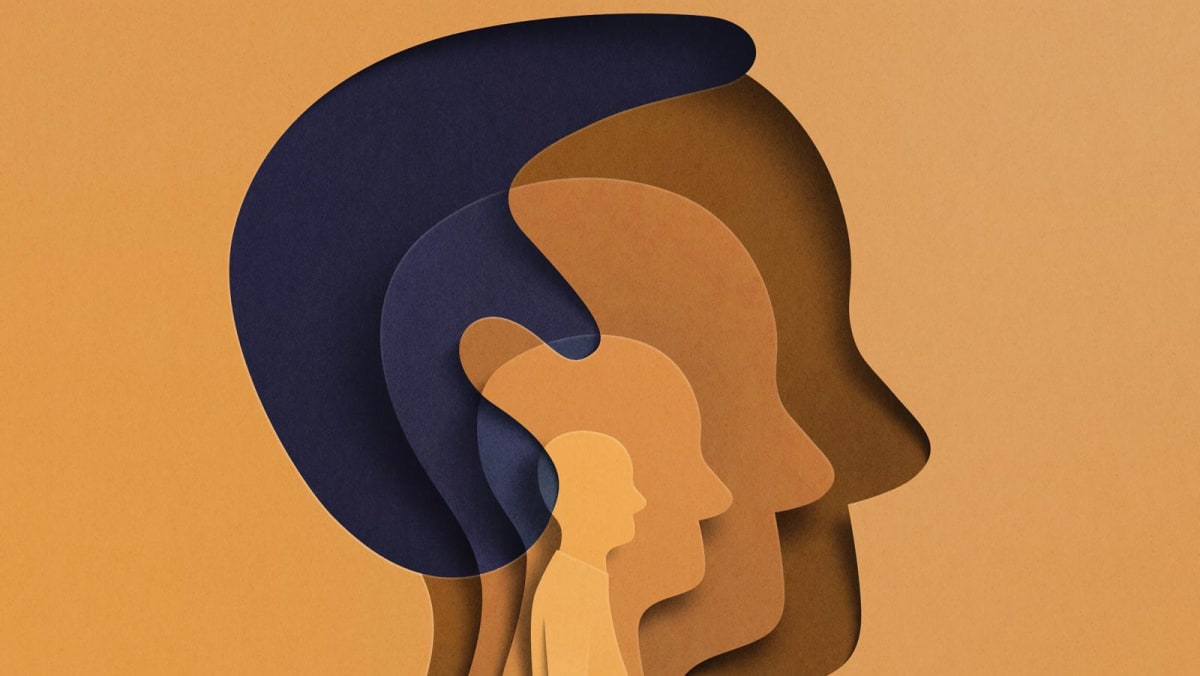How you’re feeling that day plays a part as well. “Our emotions toward sounds can be influenced by factors such as our control of attention — how we manage and inhibit impulses — and our emotional states,” said Dr Chow. “For instance, we might feel more irritated by laughter and talking when we are angry, and desire peace and quiet.”
Generally, volume, pitch and rhythm play a role in how your brain reacts, said Dr Lim. “For instance, high-pitched or loud noises might be irritating to some, while rhythmic or predictable sounds can help others concentrate by providing a steady auditory background.” Still, the reactions can vary from person to person “due to individual differences in auditory processing and personal preferences”, he said.
There are also those who require complete silence to work or study. “This need for silence may be due to heightened sensitivity to auditory stimuli, or a brain that is less adept at filtering out background noise,” said Dr Lim.
WHY YOU WORK BETTER OR FALL ASLEEP IN FRONT OF THE TV
White noise refers to any sound (it can be static or forest sounds) that “contains all frequencies across the spectrum of audible sound in equal measure”. Some people like white noise because it can minimise the disturbance caused by unexpected noises for them.
But does white noise really work? “Our current understanding of the impact of white noise, nature sounds and similar auditory stimuli on the brain is incomplete,” said Dr Chow. “Research suggests that white noise is likely to have little general effect on cognitive functions in neurotypical individuals, while nature sounds are associated with reduced stress levels and improved cognitive performance at certain tasks.”














